The life of a professional athlete contains a high degree of stress and pressure worrying about practice, game performance and personal fitness. Typically left out of the bigger picture and media, mental health in athletic settings tends to be brushed under the rug.
Traveling constantly, maintaining solid educational progress and attempting to balance a typical high school agenda, senior Jack Streepy discussed the non-stop soccer life he has created for himself, playing for the Chicago Fire junior squad.
“I love soccer and the joy that accompanies the sport. I spend several hours on the road every week traveling out of state for practice and competitive matches and my life is extremely hectic at times,” Streepy expressed. “Along with school, extracurricular activities in whole are fairly difficult to implement into my everyday life, so it is extremely important to consider the mental health of student-athletes working to create a future for themselves.”
With an action-packed schedule, student-athletes and professionals find making time for necessary activities difficult.
Consistently providing for a team and reaching coaching and fanbase expectations can create an unhealthy environment for athletes.
Calvin Ridley, former Atlanta Falcon Wideout, was en route to have his first-ever pro bowl debut in his 2021 season. Aside from his football capabilities, Ridley was not in the right headspace to play a sport at the professional level.
On Oct. 31,2021, Ridley shared a message via Twitter in regards to the challenges he was facing and football’s toll on his mental health.
“These past few weeks have been very challenging and as much as I’d like to be on the field competing with my teammates, I need to step away from football to focus on my mental wellbeing” Ridley discussed.
Receiving backlash and hateful comments, the media had no respect for Ridley’s decision.
At the end of the road, athletes are humans. They face emotional hardship, adversity and stress-filled lives.
Simone Biles, American artistic gymnast and well-decorated Olympian, withdrew from the Tokyo Olympic games due to mental health implications.
USA today quoted Biles, “‘It’s been really stressful this Olympic Games,’ said Biles, who came to Tokyo as arguably the Games’ biggest star. ‘It’s been a long week. It’s been a long Olympic process. It’s been a long year. Just a lot of different variables and I think we’re just a little bit too stressed out, but we should be out here having fun and sometimes that’s not the case.’”
Simone’s openness and honesty go a long way in regards to the discussion of mental health issues in society today.
Sports affect the human brain both positively and negatively. The competitive athletic environment is enough for some, but a select demographic of professional athletes endure these stressful environments daily.
Grace Necker, Iowa Women’s soccer player, provided insight on her personal experience as a D1 student athlete.
“Most student athletes are success driven and set very high standards for themselves whether that be making it into game as a role player, starter, best in the conference, or best in the country, there’s always room to move up and therefore there’s always an opportunity to fail which can weigh on you,” Necker explained.
The hierarchy of team-like environments provides large amounts of competition and stress within teammates and staff.
Nonetheless, being skeptical and well-informed about the mental health of athletes will ultimately lead to a healthier sports culture in America.


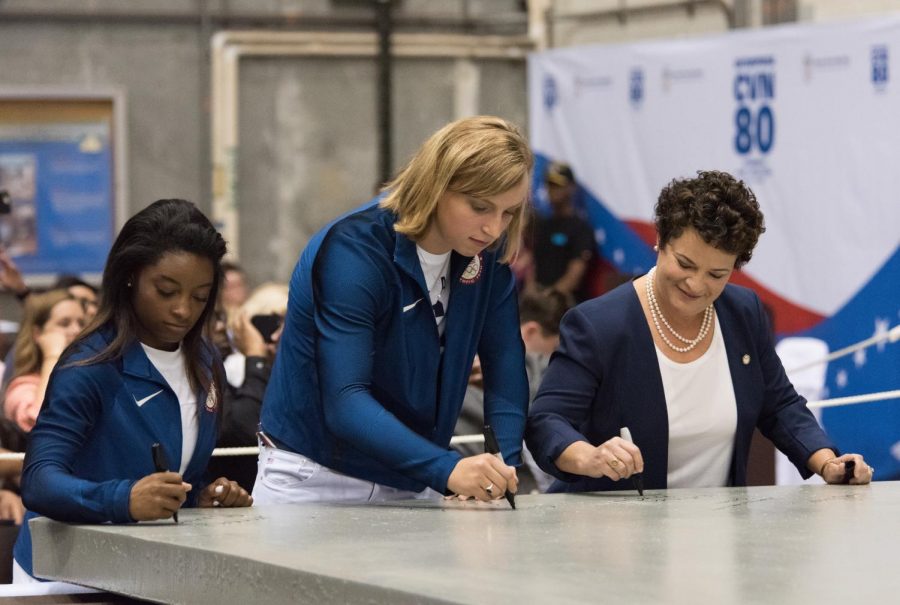

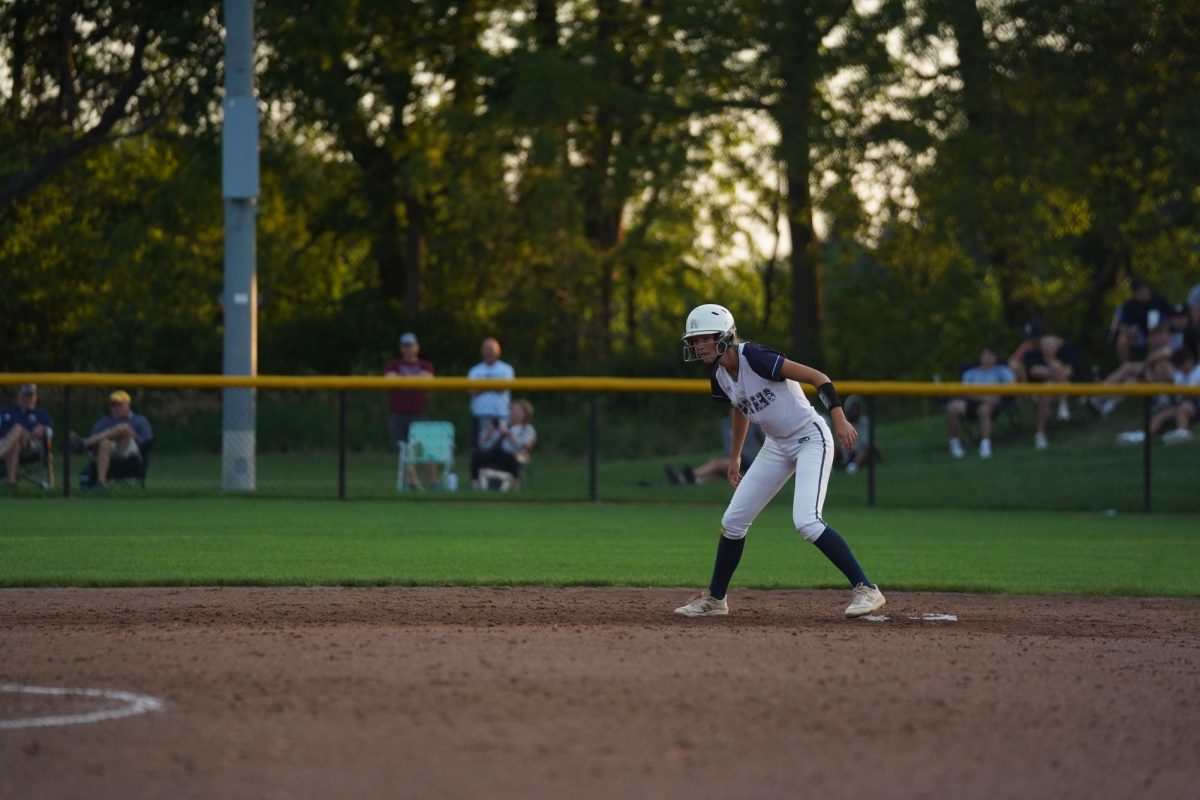

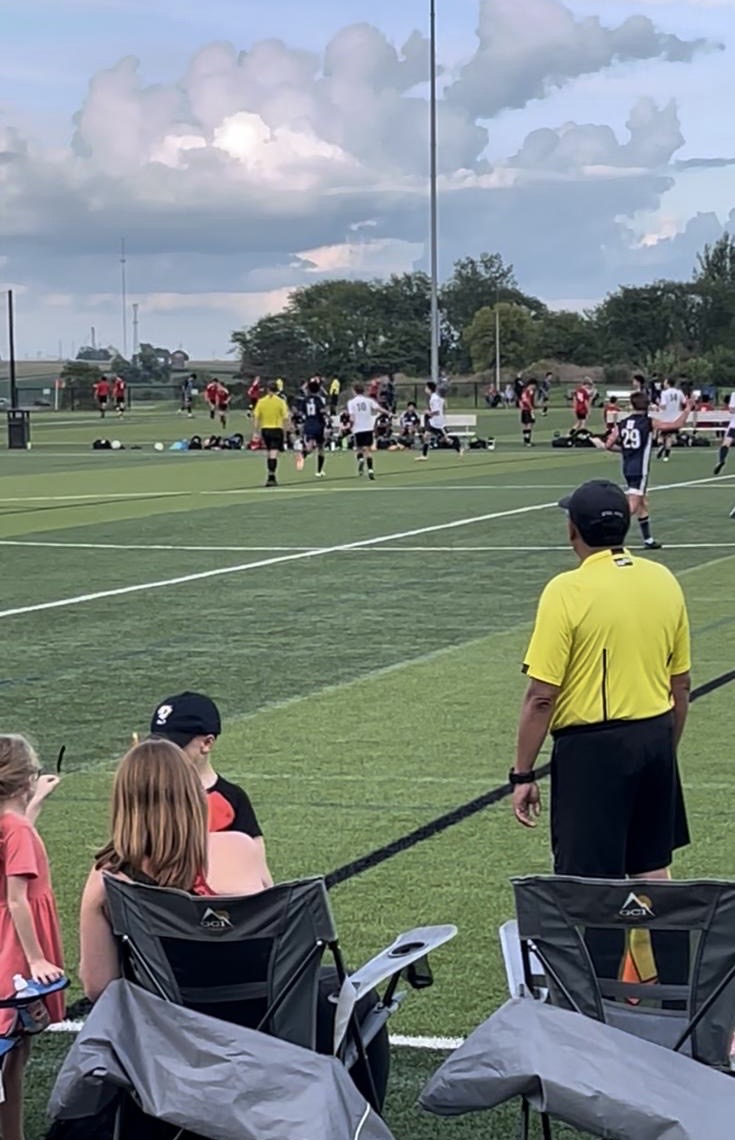

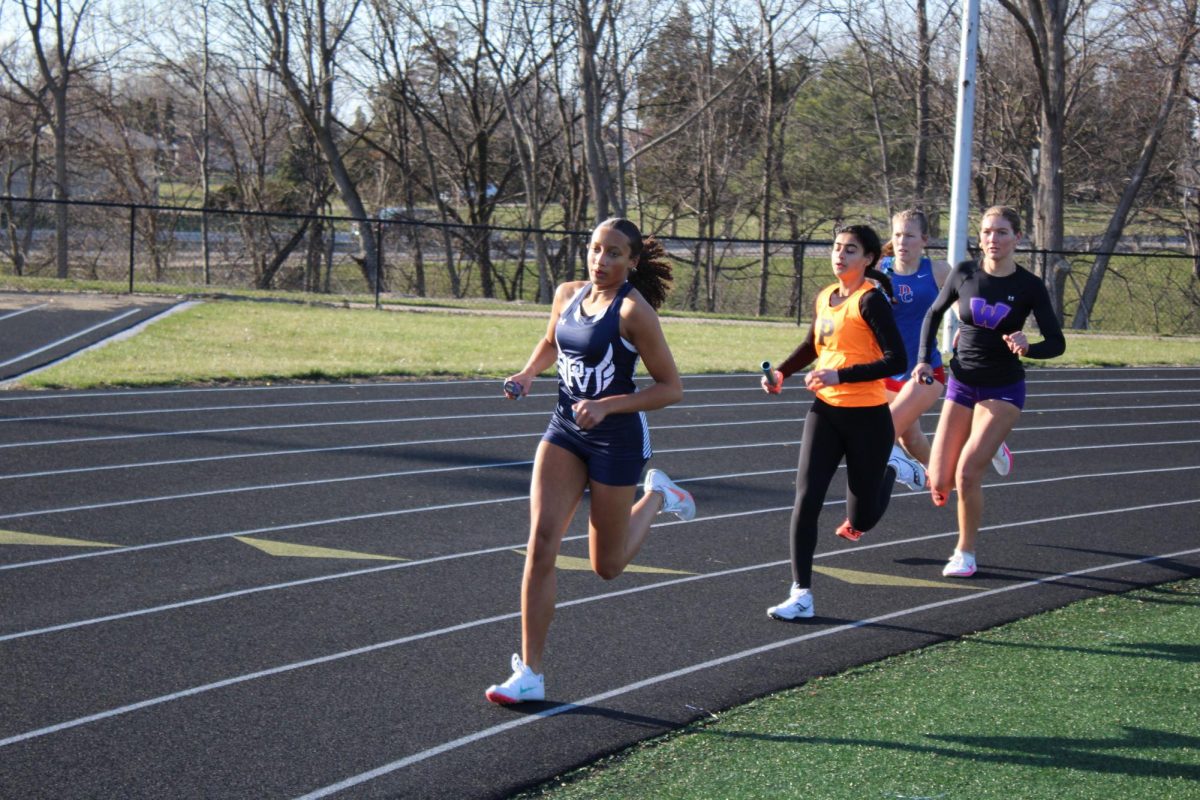
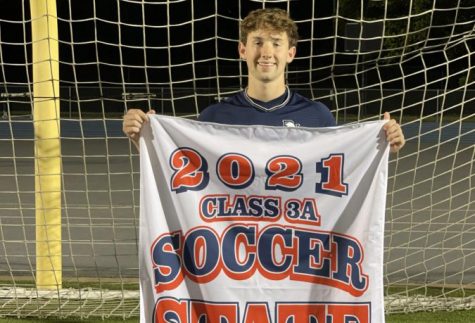
Jack Streepy • Nov 29, 2021 at 4:54 pm
I think it’s important to look at the mental health of athletes at all levels as they are all experiencing different types of stress but they are not shown in media. Instead media just posts about the poor performance which can then lead to worse mental health